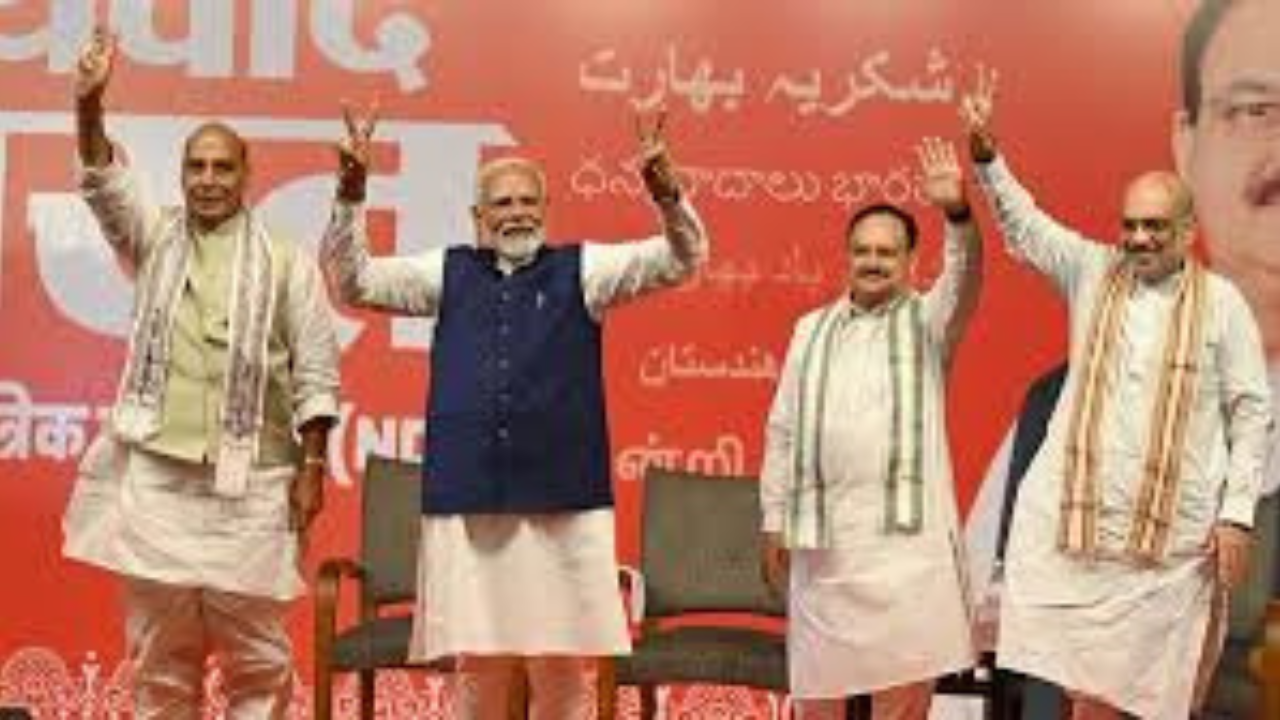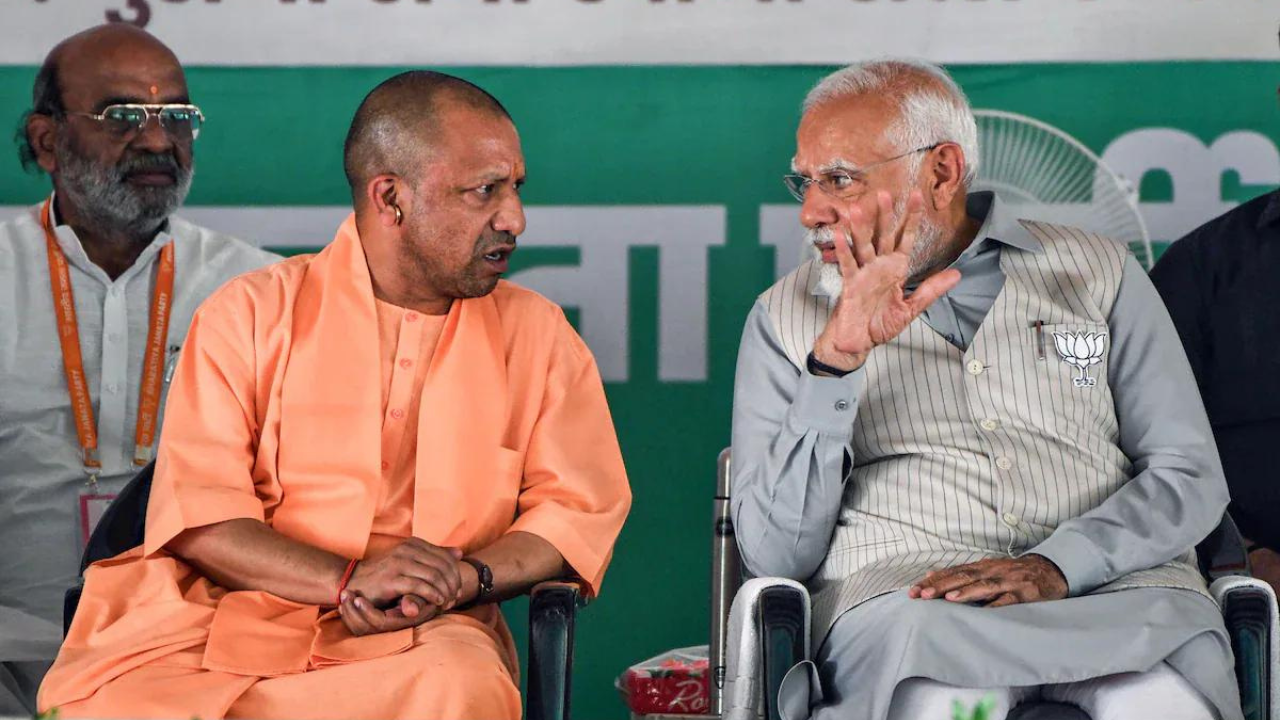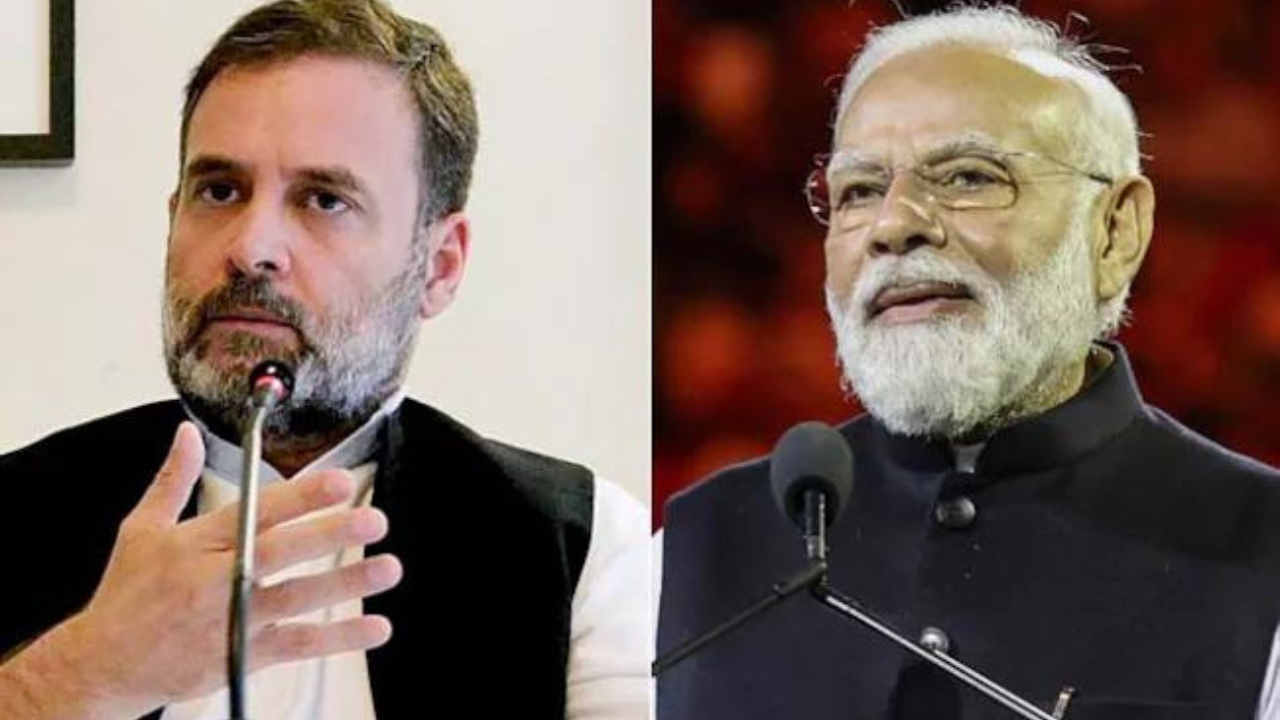
Income inequality, the unequal distribution of income across a population, is a pressing issue in many countries. Income distribution policies are a set of tools governments utilize to address this challenge and promote a more equitable distribution of wealth. Understanding these policies empowers you to grasp the ongoing debate about income inequality and the various approaches to tackling it.
The Rationale for Income Distribution Policies
The Instruments of Income Distribution
The Debate Over Income Distribution
The effectiveness and desirability of income distribution policies are a subject of ongoing debate:
Examples of Income Distribution Policies
The Path Forward
Addressing income inequality requires a multi-pronged approach:
Conclusion: Building a More Equitable Future
Income distribution policies are a complex but important set of tools for tackling economic inequality. By understanding the rationale, instruments, ongoing debate, and potential paths forward, we can engage in constructive discussions about how to create a more equitable distribution of income and ensure that everyone has the opportunity to thrive in a growing economy. Remember, income distribution policies are not a one-size-fits-all solution, and the most effective approach will vary depending on the specific context of each country.
#trending #latest#BUSINESS AND ECONOMY #ECONOMIC POLICIES

How [Athlete's Name] Is Changing the Game On and Off the Field...Read More.

The Impact of Social Media on Today's Top Athletes...Read More.
 Top 10 Fashion Trends for Summer 2024
Top 10 Fashion Trends for Summer 2024
Top 10 Fashion Trends for Summer 2024
 India Decides: Latest Updates on General Election Results 2024
India Decides: Latest Updates on General Election Results 2024
Stay Informed with Real-Time Coverage and Analysis
 Mallikarjun Kharge's suggestion of "new partners" hints at potential shifts in coalition dynamics regarding government formation.
Mallikarjun Kharge's suggestion of "new partners" hints at potential shifts in coalition dynamics regarding government formation.
Both the TDP and the JDU have been allies of the Congress in the past.
 UP Election 2024 Results Highlights: Major Upset for BJP-Led NDA as INDIA Bloc Secures Significant Victory
UP Election 2024 Results Highlights: Major Upset for BJP-Led NDA as INDIA Bloc Secures Significant Victory
India's most politically significant state, Uttar Pradesh, became the arena for a fierce showdown be
 Election Results 2024 Highlights: Celebrations at BJP Headquarters as NDA Prepares for 3rd Term, INDIA Alliance Makes Strong Showing
Election Results 2024 Highlights: Celebrations at BJP Headquarters as NDA Prepares for 3rd Term, INDIA Alliance Makes Strong Showing
2024 Election Results Highlights: Poll Pundits Predicted a Third Term for PM Narendra Modi, but BJP'
How [Athlete's Name] Is Changing the Game On and Off the Field

How [Athlete's Name] Is Changing the Game On and Off the Field
The Impact of Social Media on Today's Top Athletes

The Impact of Social Media on Today's Top Athletes
Off the Court: [Athlete's Name]'s Ventures Beyond Sports

Off the Court: [Athlete's Name]'s Ventures Beyond Sports
The Most Iconic Moments in [Athlete's Name]'s Career

The Most Iconic Moments in [Athlete's Name]'s Career
How [Athlete's Name] Balances Fame and Family Life

How [Athlete's Name] Balances Fame and Family Life
The Style Game: How Athletes Are Setting Fashion Trends

The Style Game: How Athletes Are Setting Fashion Trends
From Injury to Victory: Comeback Stories of Elite Athletes

From Injury to Victory: Comeback Stories of Elite Athletes
The Ultimate Fitness Routine: How [Athlete's Name] Stays in Shape

The Ultimate Fitness Routine: How [Athlete's Name] Stays in Shape
Inside the Mind of a Champion: [Athlete's Name]'s Winning Mentality

Inside the Mind of a Champion: [Athlete's Name]'s Winning Mentality
Beyond the Field: The Charitable Work of [Athlete's Name]

Beyond the Field: The Charitable Work of [Athlete's Name]
Legends in the Making: The Next Generation of Sports Icons

Legends in the Making: The Next Generation of Sports Icons
Trailblazers: Female Athletes Who Are Dominating the Sports World

Trailblazers: Female Athletes Who Are Dominating the Sports World
The Evolution of [Sport]: How Athletes Have Changed the Game

The Evolution of [Sport]: How Athletes Have Changed the Game
Breaking Barriers: Athletes Who Redefined the GameBreaking Barriers: Athletes Who Redefined the Game

Breaking Barriers: Athletes Who Redefined the Game
The Secrets to [Athlete's Name]'s Training Regimen

The Secrets to [Athlete's Name]'s Training Regimen
From Rookie to Pro: The Inspiring Journey of [Athlete's Name]

From Rookie to Pro: The Inspiring Journey of [Athlete's Name]
Behind the Scenes: A Day in the Life of [Athlete's Name]

Behind the Scenes: A Day in the Life of [Athlete's Name]
Plot no 90, Ganpativilla, sahibabad Ghaziabad UP 201005
+91 8585968676
info@trendingblogsea.com
© techtell. All Rights Reserved.